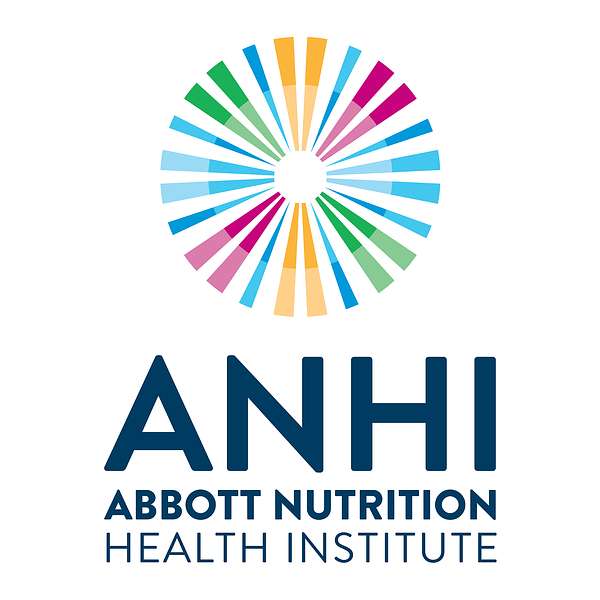
The Power of Nutrition Podcast
At Abbott Nutrition Health Institute (ANHI), we’re committed to improving lives through the power of nutrition, and we created this podcast series with that mission in mind. Join us as we speak with nutrition science experts around the world on the role nutrition can play in COVID-19, cancer, malnutrition, breastfeeding, dehydration, aging, exercise and more.
The Power of Nutrition Podcast
Tips to Boost Your Mental Health
•
Abbott Nutrition Health Institute
We’ve been told that working out, eating right, and getting a good night’s rest – is super important for our body and mental health. But, let’s be honest, with our busy lives, it can be difficult to accomplish these goals.
See the full transcript on anhi.org.
CLICK TO SEE THIS PODCAST EPISODE'S TRANSCRIPT ON ANHI.ORG